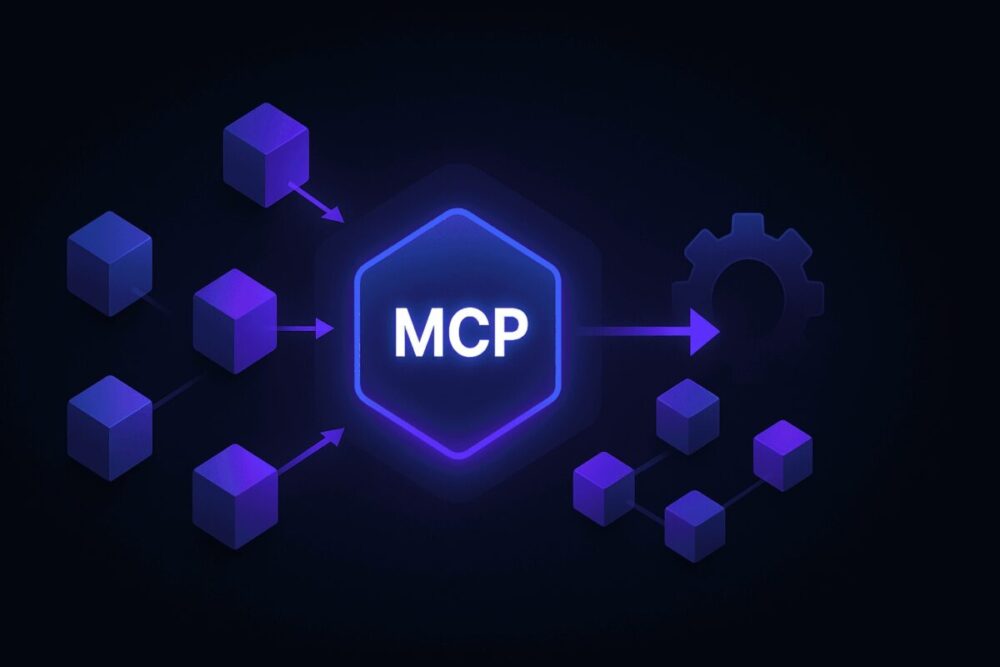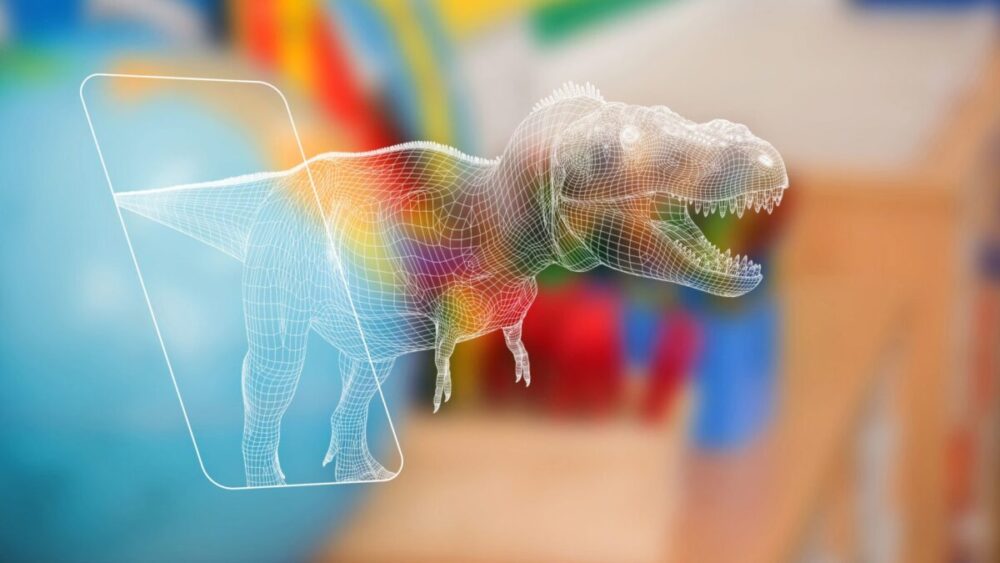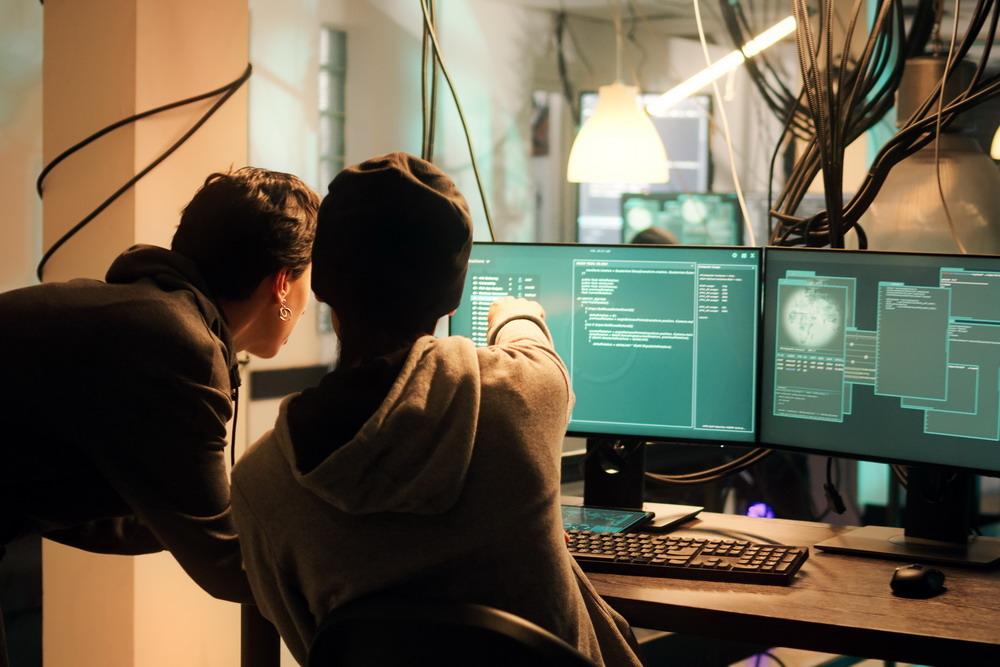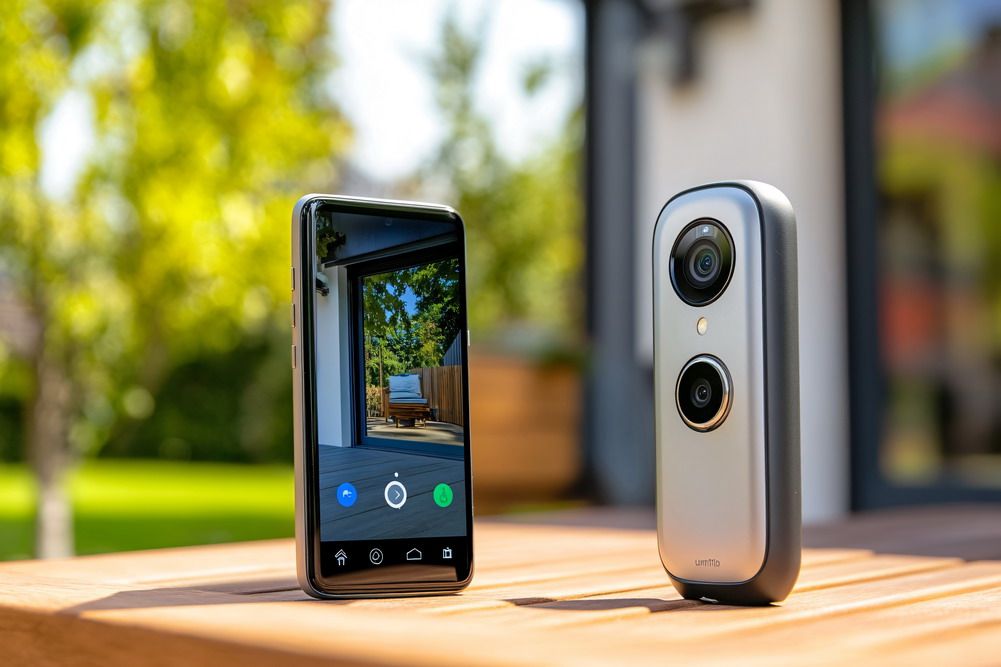In the world of technology! Where, on the one hand, we are enjoying its benefits, on the other, we find ourselves in a maze that can get scary with frequent cyber threats posing a massive danger to one’s privacy. For a business owner, the problem of cyber threats does not stop anytime, but it increases as the business flourish in the market. This article was written in collaboration with Andrew Starr, a Cyber Security Professional.
Hackers are always eyeing the businesses that are making good money to get their hands on their sensitive data that could be sold or get information on the finances of a business entity and empty their accounts. If you want to stay safe, you need to hire a service with expert professionals like that of Just Cyber Security who can guarantee the safety of your business data and private information against cyber threats.
To have peaceful nights and not worry about the safety of your privacy, here are 12 ways that can help you to secure your devices against the threats of hackers.
1. Make sure that the firewall is always enabled when you go online!
A small mistake that usually goes unnoticed. Please always turn your firewall on when you go online. A firewall is a shield that protects your system, keeping it safe from the outside world. In other words, it helps to keep your files safe from cyber threats. When we go online, the system becomes vulnerable at the hands of the internet. A firewall acts as a barrier that prevents unauthorized access and informs of the intrusions if made.
2. Invest in good anti-virus software:

Malware, viruses, and threats – you can give any name that you like, but one thing that is of grave concern is the way these threats are advancing with time. Investing a good anti-virus software ensures the safety of your sensitive data on your system. It plays a vital role in detecting threats, eliminating them, and in keeping the system safe from real-time threats.
3. Do not let loose on anti-spyware packages:
Well, we usually get concerned about anti-virus software, but little do we pay attention to anti-spyware. Usually, good anti-virus software will have the anti-spyware built in it, but many do not offer it. So, what you can do is get one for your system instead. It is essential to make your system safe with anti-spyware as well because it helps in hackers from accessing or spying on your system. An anti-spyware runs real-time and blocks any potential threats to your system so that no hacker can pry into and get access to your data.
4. It is always better to ignore spam!

There is a reason why we call it spam. Do not fall prey to the email, offers, and links that you see in your inbox. It is best to avoid opening any files that you are unsure of, as that might pose a risk of data loss or access to your sensitive information. Be sure of the sources you get a link for download or an email from before you click and view.
5. Do back up your system frequently:
Once a virus hits the system, it is hard to recover all the files successfully. It can also be that the files recovered may still contain the virus. Backing up ensures that if in case a cyber threat does hit your system, your information is still lying safe. It also helps the professionals to do the damage control as much as possible. Professionals at Just Cyber Security are experts in securing the system and providing assistance to curb the damage.
6. Is your system always running?

It’s a good practice to shut down your system when not in use. In case you are using your computer, but you do not need the internet, it is best to switch off the Wi-Fi. Hackers can only access your data if you let them. Taking precautions will help you to avoid such threats. Do not let your system running for a prolonged period.
7. Two-factor authentication is highly recommendable:
Why not have two-factor authentication? If you get bugged by verifying your devices every time you log in, it can cost you quite much. Having a password alone is fine if your data is not too sensitive, but two-factor authentication is like adding that safety net that keeps everything intact.
8. Do you know that encryption increases security ten folds?
Encryption has changed the hacking game altogether. Making use of a VPN to encrypt website traffic or getting encryption applications based on operating systems of your devices enables protection even if hackers sneak in to try access files but will not be able to put their hands on it. Having devices encrypted ensures that the data remains inaccessible to hackers.
9. Choose your apps wisely or risk security:

Not every application is worth installing. Every time one hears of a new application, people immediately run on app stores to install it. Choose your applications wisely as before the app stores trace a threat in an application, posing a risk to your devices, it might be too late for you by then. Be careful and keep only those applications in your device that you frequently use or are safe.
10. Are you always permitting location access?
You might often see that on searching for some query or visiting a website, the browser asks you to turn on your location. Now that can pose some risks at times as hackers get the chance to pry in. Keep the location access feature off and only use it when you need it. Keeping it on all the time increases the risk of your system and devices getting hacked quickly.
11. Be careful when on public Wi-Fi:

Public WiFi connections may not be safe as they might lack secure router connections. Now, we cannot entirely avoid it, but if need be, try not to use many applications on your phones and systems. Browse and access files on your system carefully when connected to public WiFi and try to finish things quickly so that your files don’t stay exposed to an unsecured connection for a long time.
12. Get rid of the scatter in system files:
Clean up your computer often and get rid of the temporary files and copies that you do not need anymore. Not only does that help in keeping your systems light and empty up space, but also it saves the risk of viruses infecting the system. One can get professional help to manage data on personal computers or systems in use in business organizations to get rid of the scatter and ensure security. Just Cyber Security offers its services to businesses to help them in securing their essential information from the risk of getting hacked.





